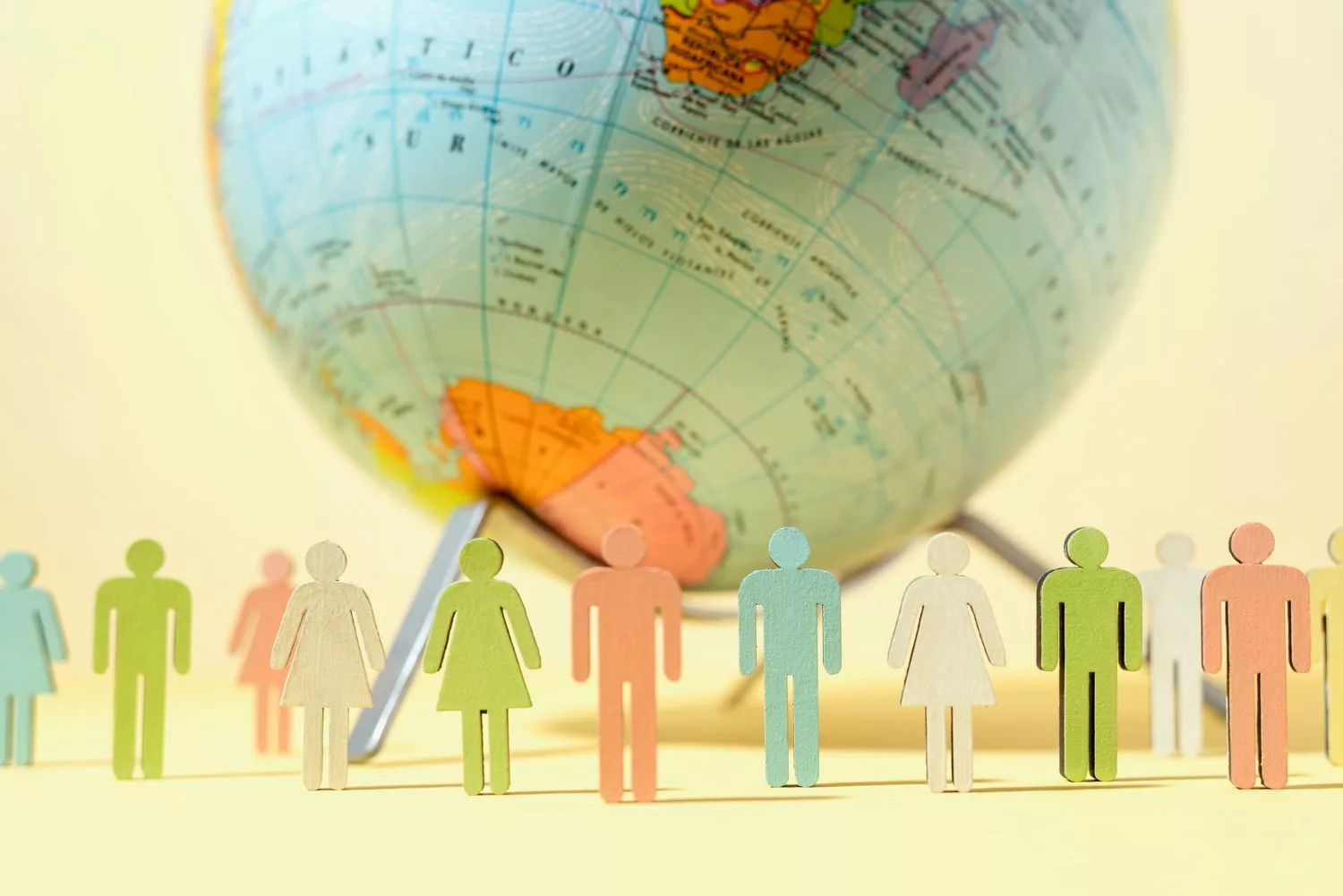Forget survival of the fittest, think survival of the most adaptable culture. A bold new theory from researchers at the University of Maine suggests that human evolution is no longer driven primarily by genetics, but by culture itself.
In a study published in BioScience, Timothy M. Waring and Zachary T. Wood argue that humanity is undergoing a profound evolutionary shift. Instead of waiting for genes to catch up with environmental challenges, we’re increasingly relying on shared knowledge, technologies, and institutions to adapt and thrive.
“Cultural evolution eats genetic evolution for breakfast,” says Wood. From farming techniques to legal systems, cultural practices spread and evolve at lightning speed compared to the slow crawl of genetic change. Eyeglasses, surgeries, and fertility treatments are just a few examples of how culture now overrides biology.
Waring adds, “Your life outcomes are shaped more by where you live than the genes you’re born with.” In other words, your community, education, and access to technology matter more than your DNA.
Cultural activities influence the way we think
This shift isn’t just about faster problem-solving; it’s changing what it means to be human. Culture is inherently collective, and the researchers argue that we’re becoming more group-oriented. From sanitation systems to scientific medicine, survival now depends on the strength of shared institutions, not individual traits.
This mirrors past evolutionary leaps, like single cells forming multicellular organisms or ants evolving into super-cooperative colonies. Could humans be next?
If cultural evolution continues to dominate, Waring and Wood suggest we may one day become “societal superorganisms”, where the unit of evolution isn’t the individual, but the group. Genetic engineering, for instance, is a cultural tool that requires massive social infrastructure to function.
The team is developing models to measure the speed of this transition and plans to launch a long-term data project. But they caution against viewing cultural evolution as moral progress. “It can produce both brilliant solutions and brutal consequences,” says Wood.
Cultural identity and resilience: Insights into the meaning of life
Ultimately, this research reframes the future of humanity. If culture is our new evolutionary engine, then our survival may depend less on DNA and more on the stories, systems, and societies we build together.
Journal Reference:
Timothy M Waring, Zachary T Wood. Cultural inheritance is driving a transition in human evolution. BioScience. DOI: 10.1093/biosci/biaf094

